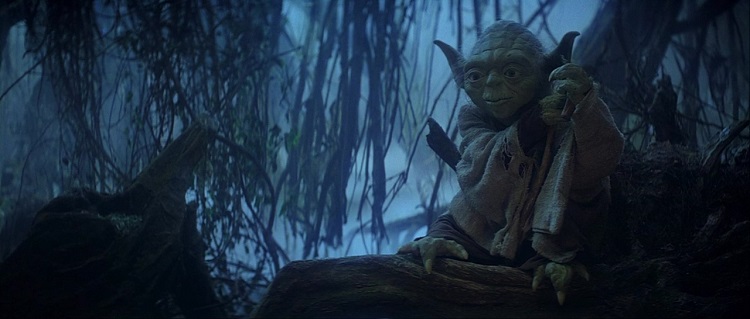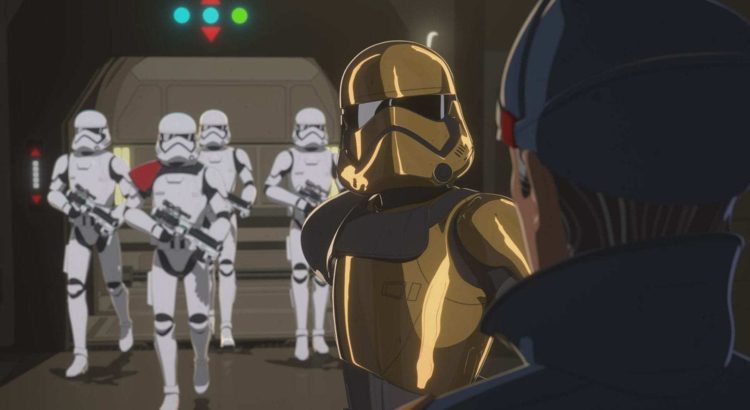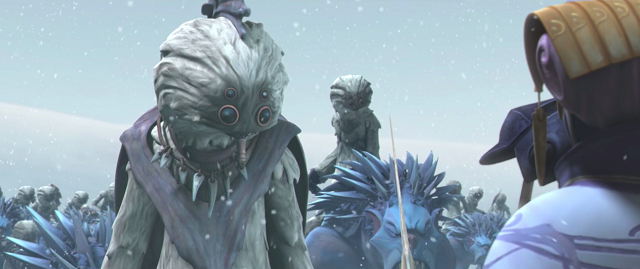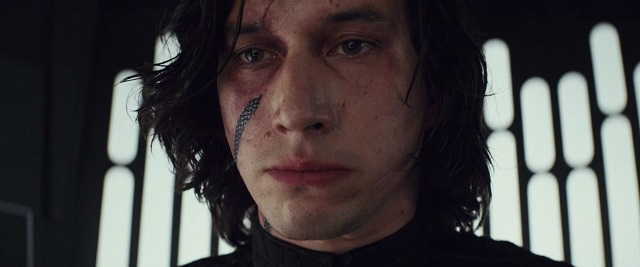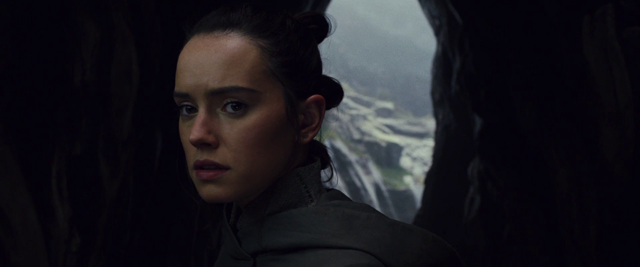Of the Star Wars characters who have been fortunate enough to appear in all three trilogies of the Skywalker saga, Yoda’s is perhaps one of the most patchwork – largely a supporting role, an invention to fill the void after Obi-Wan Kenobi’s not-entirely-planned demise in the original Star Wars. Yoda briefly took center stage as a major character in the operatic, apocalyptic Revenge of the Sith, and made a somewhat unexpected return to the series as a ghost in The Last Jedi. He may return yet again for The Rise of Skywalker, but even without that final installment Yoda’s story has perhaps by accident become one of the most poignant and illuminating that the cornucopia of Star Wars has to offer. It sees him on both ends of the spectrum of galactic power, but beyond that it tells a story of an individual’s battle with dogma and orthodoxy, and ultimately the selflessness to be surpassed by his greatest pupil.
Enter the bureaucrat
Contrary perhaps to expectations prior to the 1999 release of The Phantom Menace, when Yoda’s backstory during the time of Anakin Skywalker was unveiled he was shown to be in a drastically different milieu to that of his humble existence of Dagobah. We see that he was in fact a member of the Jedi High Council, residing on Coruscant, the capital of the Republic, in a gleaming, imposing temple with his fellow masters. He is, quite notably, not a very fun character in this environment – a naysayer in The Phantom Menace, like his colleague Mace Windu he urges caution against training Anakin.
This is not the limit of Yoda’s influence in his first chronological appearance, however – he is involved in the politics that underpin the film. This, ultimately, is of more relevance to Yoda’s story in the prequel trilogy, which escalates in the second film, Attack of the Clones. Perhaps one of the most pivotal scenes of the trilogy occurs when Obi-Wan Kenobi contacts Yoda and Mace to inform them of his discovery on Kamino of a clone army for the Republic. Processing this information, Yoda despairs that the ascendancy of the dark side has effectively rendered the Jedi blind, if they could have been so easily and completely deceived for a decade. Mace suggests that they inform the Senate that they are unable to operate to the best of their ability, but Yoda vetoes this decision. It is perhaps a throwaway hypothetical, but one can imagine that Yoda does not trust the system within which he works enough to be transparent. This plays into the hands of the Sith, creating a hermetic culture of secrets and ignored incompetence. There is a vital arrogance too: the Jedi do not humor the idea that Count Dooku has fallen to the dark side until it is far too late. Read More
